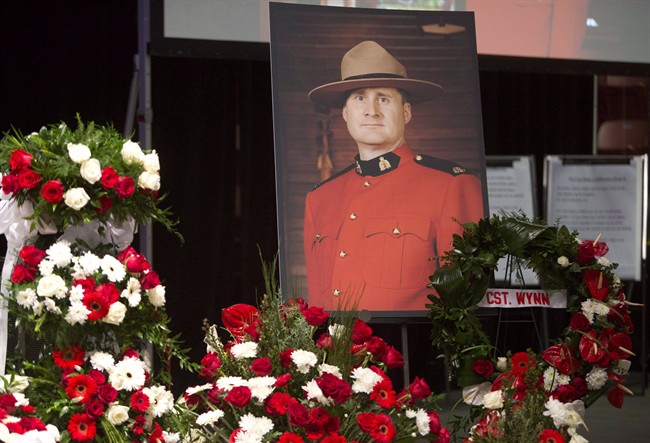An eleventh-hour lobbying effort has been launched by rank and file police officers across the country to try to rescue Wynn’s Law.

The email campaign began in the last few days, according to Michael Elliott, vice-president of the Alberta Federation of Police Associations.
The campaign was launched ahead of third reading of Bill S-217 which is before the Liberal-dominated justice and human rights committee.
“Emails have been sent to our various associations across the country requesting that they send letters of an explanation asking their MPs to do what’s right and vote for a commonsense bill and not have a partisan approach to this bill.”
Elliott represents 4,400 officers in Alberta. He said the request has gone to 160 police agencies representing 60,000 officers with the hope that the campaign will spread in time for the vote on third reading which is expected in mid-June.
Some government MPs have expressed concern the bill would create more delays in the court system and violate the rights of someone who’s being held in custody. The Canadian Association of Chiefs of Police share that view. Elliott said he doesn’t know why they’re at odds with officers over the proposed change.
“I’m not exactly sure. I’m speculating that they are getting legal opinion from their lawyers but I’m unsure at this point why we’re agreeing to disagree over this point.”
Elliott explained that one computer system officers rely on to document rap sheets for individuals who have been arrested, isn’t as up to date as another. He said the Justice Online Information Network (JOIN) is more reliable than the Canadian Police Information Centre (CPIC), because CPIC can have information that’s as much as six months behind.
“As soon as a person is charged with something, it is added to the system,” Elliott said. “CPIC is delayed and I don’t know the true explanation why it is delayed but maybe we need more resources to update that and more personnel, but unfortunately it is delayed right now.”
He wants the procedure changed so JOIN, which is more up to date, is the go to source for a background check.
“What I do is I print off a CPIC report and I also print off a JOIN report or add that information to my bail package before that goes down before a bail hearing. So when that information goes down, we want to ensure that information is presented, not maybe presented,” Elliott said.
“Will it potentially make it a little longer? Yes, potentially five minutes, but I look at it, what’s five minutes for victims of crime and for potentially saving the life of another police or peace officer.”
Elliott is frustrated he hasn’t been able to have a one-on-one meeting with either Edmonton Centre MP Randy Boissonnault – who’s a member of the committee – or Edmonton Mill Woods MP Amarjeet Sohi, although he says Sohi has sent correspondance to him in the last couple of weeks agreeing to get together.
Wynn’s Law is named after RCMP Const. David Wynn who was gunned down in the Apex Casino in St. Albert in January 2015. Shawn Rehn shot and killed himself after shooting Wynn. He had previously been convicted of 68 criminal offences and faced 27 outstanding charges.
Wynn’s Law would alter the wording of the Criminal Code to make it mandatory for a prosecutor to disclose an offender’s criminal history during a bail application.
His widow Shelly MacInnis-Wynn is due to appear before the committee June 13.







Comments